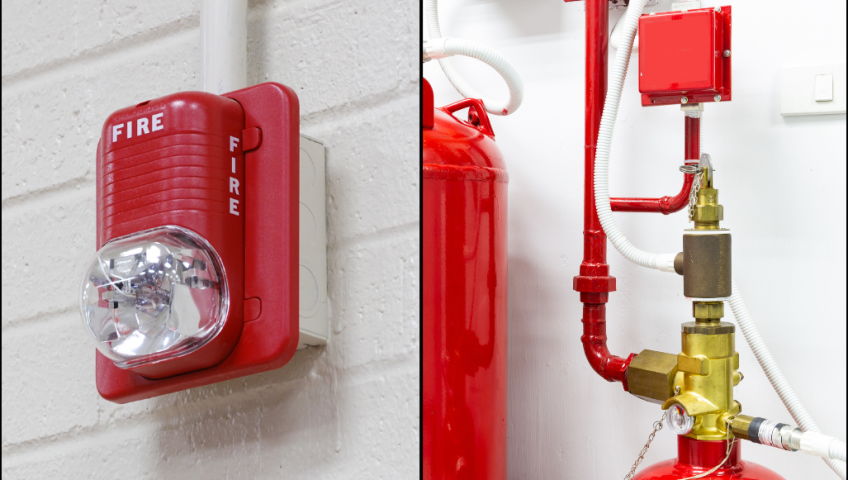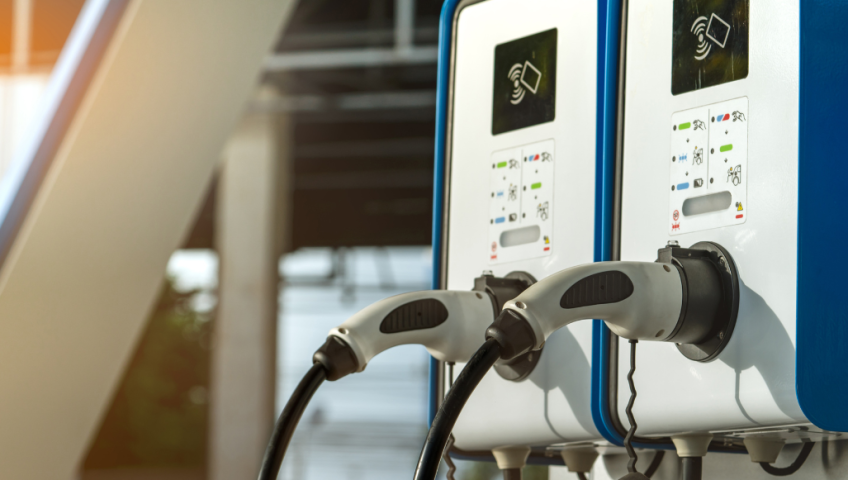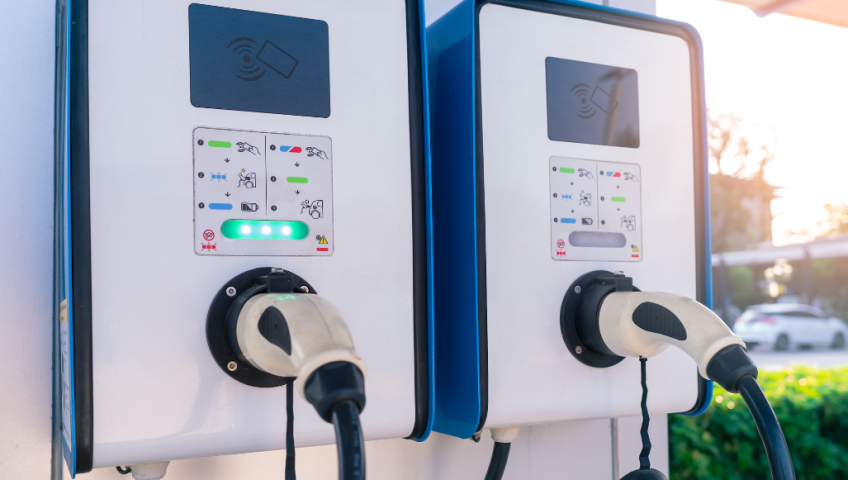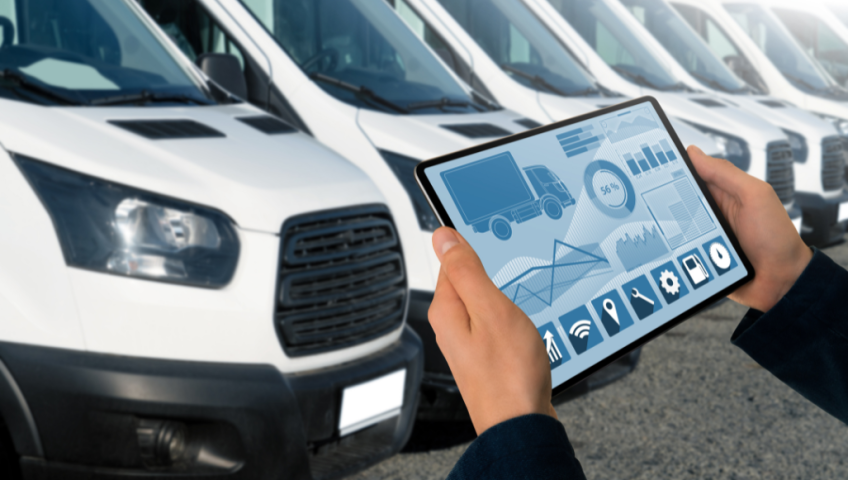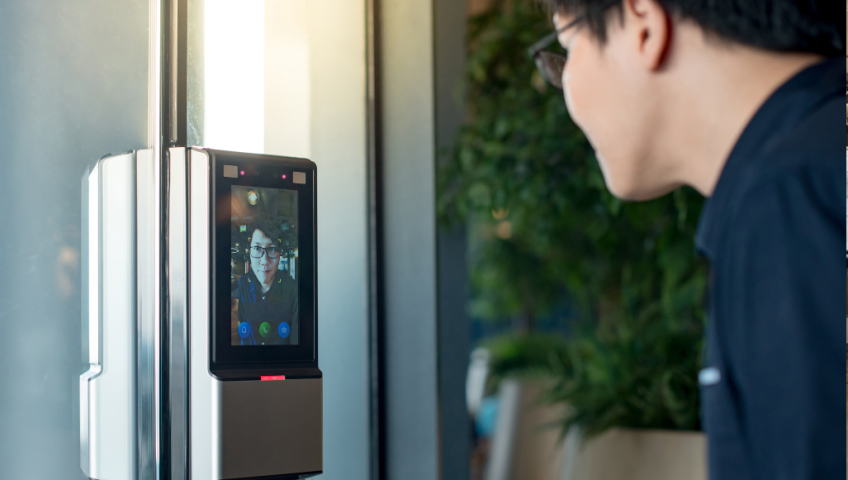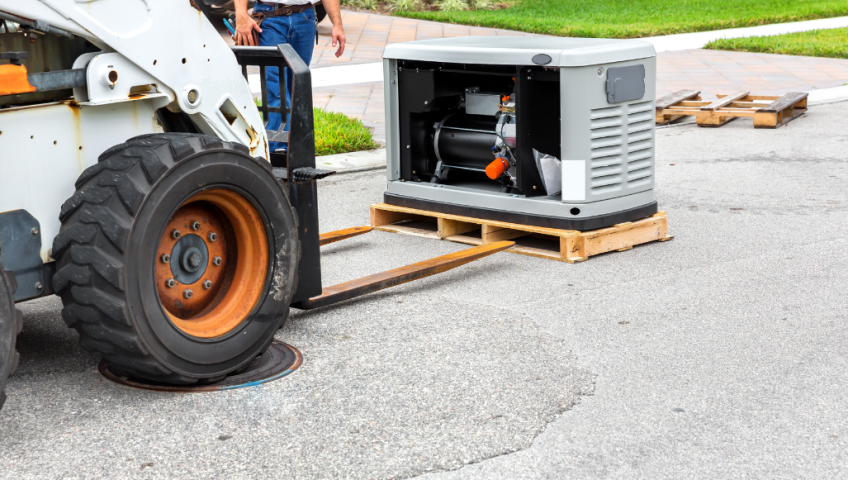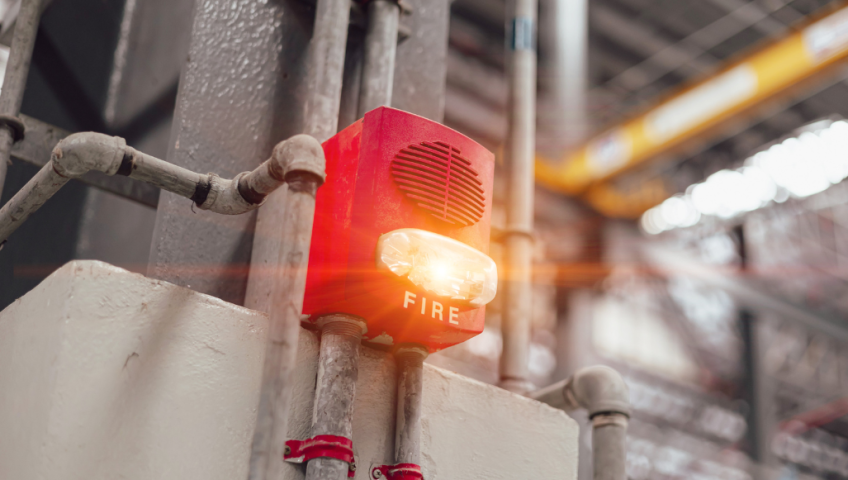When the Nor’easter season hits, the power can vanish without warning. Heavy snow, high winds, and ice can leave entire neighborhoods dark for days. Heat stops, refrigerators fail, and sump pumps stall. A whole-house generator changes that story. It keeps lights on, heat running, and essential systems working through every storm.



